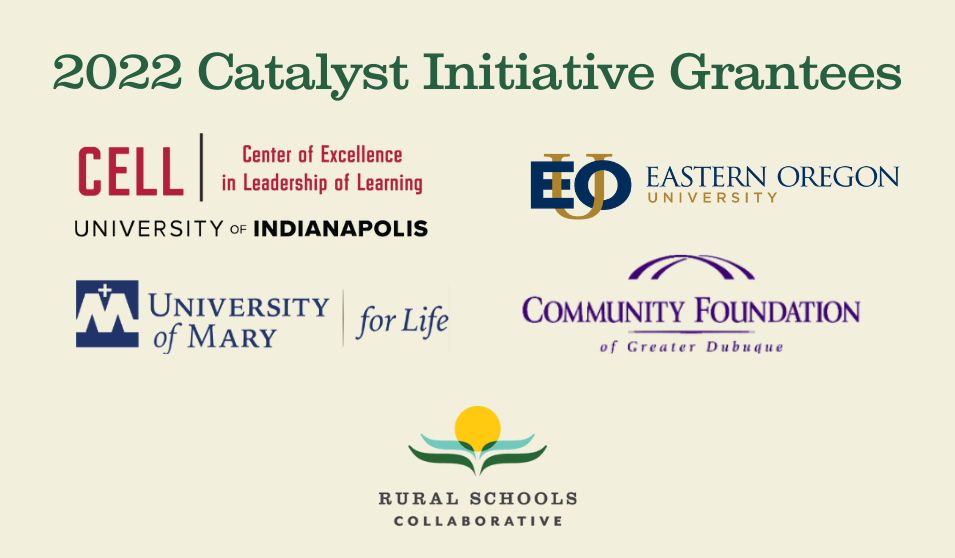The 2022 Cohort of Catalyst Initiative Grantees have been busy at work laying the foundations for four new Rural Teacher Corps efforts in four distinct regions across the country. Through the generous support of an anonymous donor, the Catalyst Grant Initiative provides an early influx of flexible planning dollars to create an intentional rural teacher preparation program. With a particular focus on growing a vibrant and diverse teacher workforce, bolstering the health and vitality of rural communities, and collaborating regionally and nationally to sustain program longevity, the four partners of the 2022 Cohort have already begun making partnerships, designing content, and even recruiting students! Below are the different ways this Cohort is approaching the task of recruiting, preparing, or retaining rural educators:
Community Foundation of Greater Dubuque (Iowa Hub)
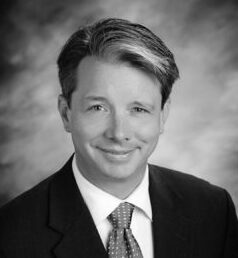
A resilient Rural Teacher Corps effort must address each aspect of the teacher pathway, and retention is often the trickiest to account for. Hoping to grapple with this challenge directly, the Community Foundation of Greater Dubuque has crafted a plan to issue reverse scholarships for teachers returning to rural communities. Jason Neises, Iowa Hub contact and Community Development Coordinator for the Community Foundation, explains: “We are really trying to provide for rural districts using our unique tools as a community foundation, so we’re developing a rural return scholarship program deployed at the districts themselves using local affiliates in rural counties as the funders. The reason I like this model is that community foundations are place-based, the reason we exist is that these dollars are raised and invested in local solutions for local problems. These scholarships will use local dollars to help get kids to come back to their rural community, and invest those dollars that were raised locally to go right back into the community.”
Already, Jason and his team at the Foundation have begun working with their regional affiliate foundations to institute a scholarship matching effort that would seed the funds needed for the program. Then, teachers applying to work at rural districts in any of the seven counties of CFGD’s affiliate network would qualify for a scholarship. The hope, Neises continues, is that by offsetting the costs of attaining their teacher credentials, new educators would have more financial flexibility to invest in their new hometowns.
Additionally, the Community Foundation is hoping to organize a professional development experience for rural teachers in collaboration with nearby higher education institutions. This would provide incoming and established educators the opportunity to grow in their profession with tools and methods attuned to the specific needs of rural places.
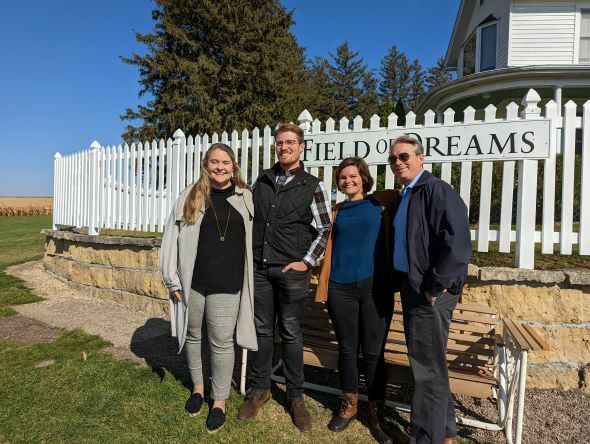
Eastern Oregon University (Pacific Northwest Hub)
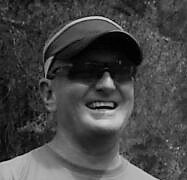
The Eastern Oregon University Rural Teacher Corps has been off to a great start building both on the historical success of the University’s Teach Rural Oregon program, and the growing investment and attention in the University’s rural-focused programming. In particular, the Teacher Corps consists of bringing together EOU’s rural-bound Master of Arts-Teaching students for a cohort-based experience. As part of the cohort, students will be able to attend rural-focused book studies and learning sessions, as well as cohort-building social outings around La Grande. Dave Dallas, Pacific Northwest Hub contact and senior instructor at EOU’s College of Education, After we were done with our first meeting, we went out to the new bowling alley here in La Grande for a time to socialize, learn about one another, laugh, and begin to build up that peer support and comradery.”
Planning the Teacher Corps has also served as a source of regional collaboration. Recognizing the value of the Catalyst effort to inspire teachers and empower communities, Dallas sought partnerships in support of the work from regional foundations. He was able to magnify the impact of the initial Catalyst investment through two matching grants from the Oregon-based Roundhouse and Ford Family Foundations.
Dallas also reports that interest in the new Teach
Corps was strong, and with the generous collaboration of two major
funders, EOU was able to admit more students than they had originally
anticipated, bringing together 12 MAT students as the inaugural cohort.
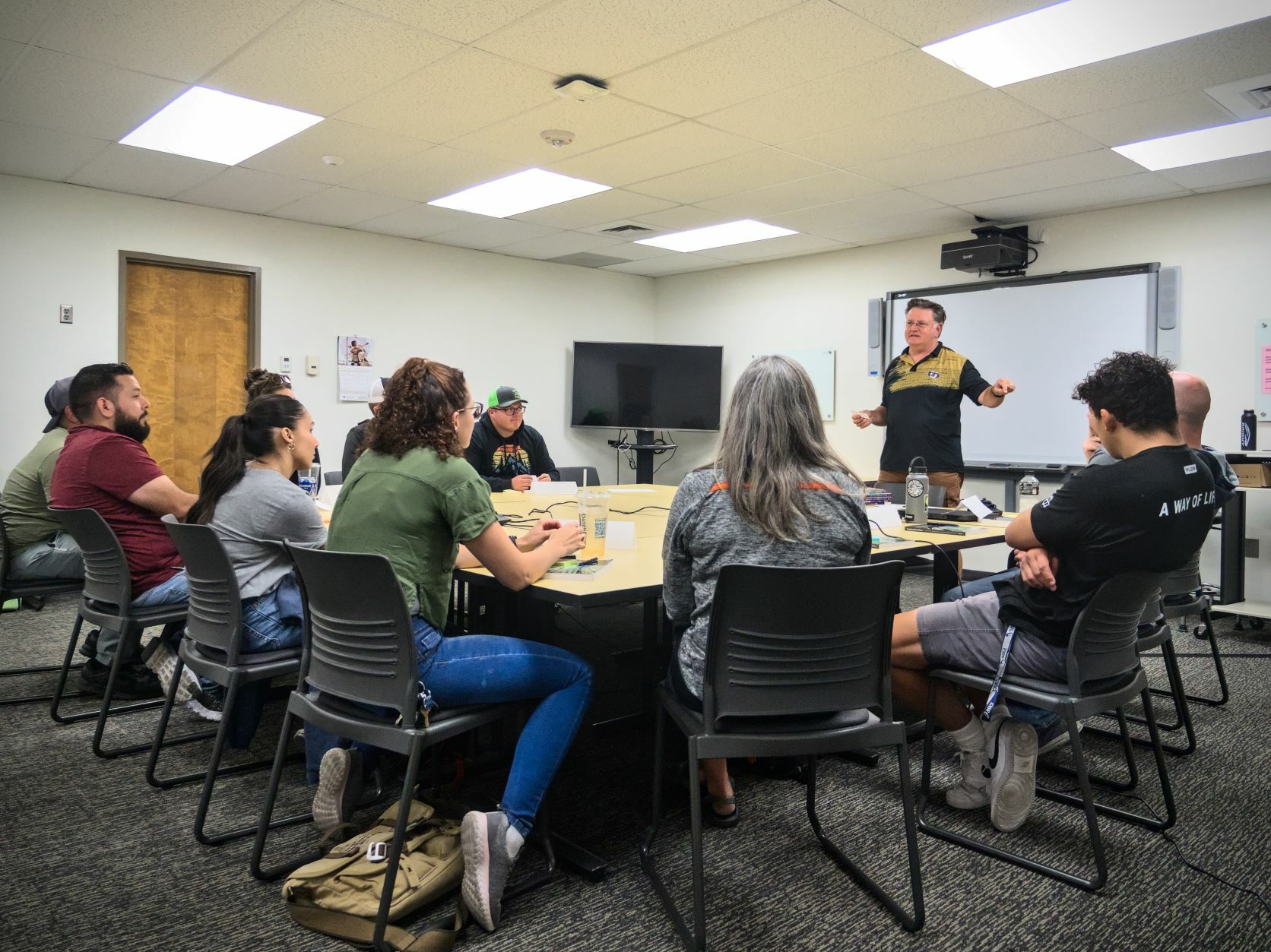
Center for Excellence in Leadership of Learning (Indiana & The Great Lakes Hub)
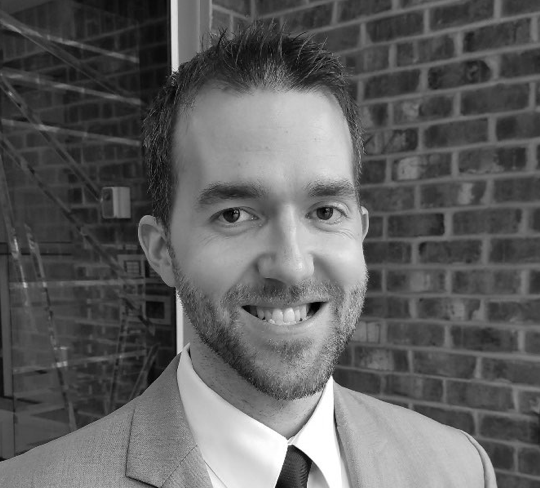
The Center for Excellence in Leadership of Learning at the University of Indianapolis
has been hard at work organizing the partners and resources necessary
to launch and sustain a Rural Teacher Corps. These initial steps of
bringing people together and testing ideas and concepts are absolutely
crucial for the future success of the program. In just three short
months, Jeremy Eltz, Indiana & The Great Lakes Hub
contact and Director of Rural Education at CELL, has met individually
with several heads of education and educator instruction to build a
coalition sharing a common vision for what their Rural Teacher Corps can
become. Recently, they all met together for the first time to cement
this vision into an actionable pathway.
At the same time, Eltz and his colleagues have also delved into place-based education. He shares, “We did launch our first effort to train up current K12 rural educators in place-based education. I see this as beneficial for moving forward with the educator preparation programs because we want to incorporate that as part of the rural teacher corps curriculum.” The hope is that the collected experience and feedback of these 35 initial participating educators will seed the specific content for the upcoming Teacher Corps.
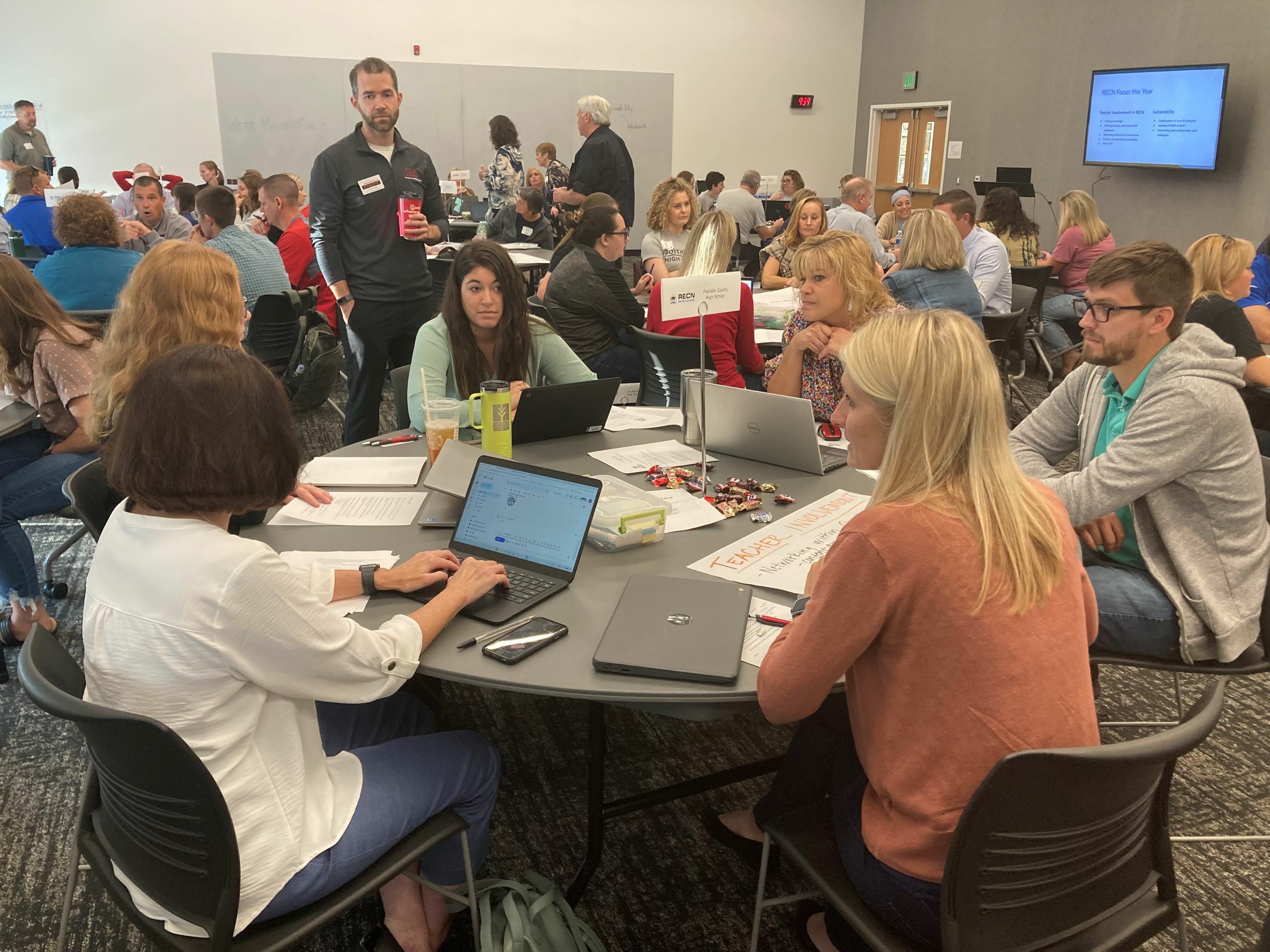
University of Mary (North Dakota Hub)
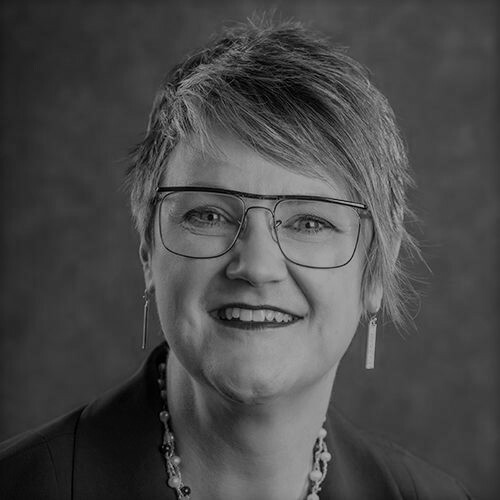
The spirit of any Rural Teacher Corps is as much to reduce the barriers for people to join the education profession as it is to inspire and energize them to thrive in a rural school community. This is the mission underlying the University of Mary’s burgeoning rural teacher preparation program. The University’s growing online capacity paired with the unique needs of North Dakota’s remote communities presented the perfect opportunity to create a program. With the meat and bones of the program on solid footing, Meghan Salyers, Director of Student Teaching and Accreditation Program for UMary, shared how attracting students to the program with intentional storytelling and outreach was a major focus for the work so far: “We’re using those monies to implement a recruitment plan and advertising so we can go to more local communities, as well as rest of the nation.”
Collaboration has also been the key to the progress seen in UMary’s Teacher Corps effort. The drive to create the program stemmed from the suggestions of an impressive, state-wide consortium of rural superintendents that the education faculty assembled in partnership with North Dakota Small Organized Schools, RSC’s North Dakota Hub lead. Additionally, the initial Catalyst investment was able to be matched with a substantial grant from the state of North Dakota to roll out the program. With each member of this collaborative network contributing to the program’s growth, and matching funds helping to turn dreams into a reality, interest in joining the Teacher Corps far surpassed expectations. Looking to admit 15 students as the first cohort, Meghan and her colleagues were excited to find that 44 aspiring rural teachers had found their way to the new program.
The Catalyst Initiative Planning Grant program is made possible through the support of a generous anonymous donor. We extend a sincere thank you to our philanthropic partners for continuing to fuel robust and resilient rural communities. If you'd like to learn more about Rural Teacher Corps, please get in touch!

